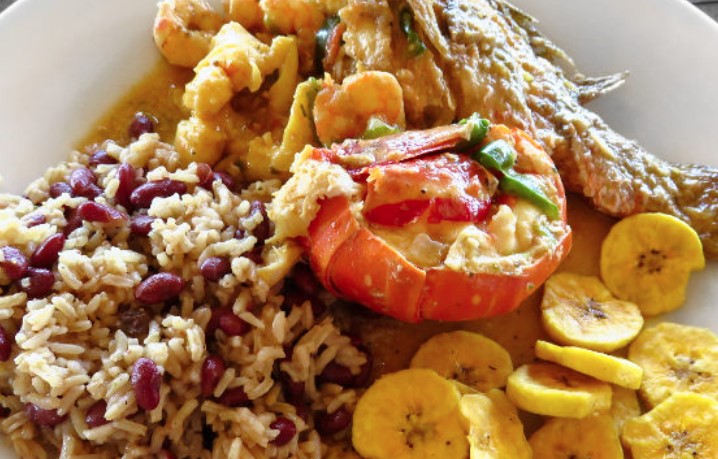Introduction: Tuvalu and its Cuisine
Tuvalu is a small island nation located in the Pacific Ocean, known for its stunning sandy beaches, turquoise waters, and friendly locals. Tuvaluan cuisine is simple, yet delicious, featuring a variety of fresh seafood, tropical fruits, and vegetables. Due to its remote location, Tuvalu has limited access to imported goods, which has led to the development of a unique culinary culture that relies heavily on local ingredients.
Seafood: A Vital Component of Tuvaluan Cuisine
Seafood plays a vital role in Tuvaluan cuisine, as it is a primary source of protein for the locals. Fish, in particular, is a staple food, as it is easily available, affordable, and delicious. Tuvaluans have a deep respect for the sea and the abundant marine life that surrounds their islands. They have a sustainable approach to fishing, using traditional methods like hand-line fishing and spearing to catch fish.
The Rich Variety of Seafood in Tuvaluan Diet
Tuvaluans have access to a rich variety of seafood, including reef fish, tuna, octopus, crabs, and lobsters. These ingredients are used to prepare a range of dishes, from simple grilled fish to more complex stews and curries. Coconut milk is a common ingredient used in many Tuvaluan seafood dishes, adding a creamy richness to the flavors. The locals also use a variety of herbs and spices like turmeric, ginger, and lemongrass to add depth and complexity to their dishes.
The Cultural and Symbolic Significance of Seafood
Seafood is not just a source of sustenance for Tuvaluans; it also has cultural and symbolic significance. Fishing is a communal activity, often done with family and friends, and is an important way to bond and form social connections. Additionally, seafood is often served during special occasions and celebrations, symbolizing abundance, prosperity, and hospitality.
Regional Influences on Tuvaluan Seafood Traditions
Tuvalu’s location in the Pacific has exposed its cuisine to regional influences. For example, the use of taro and breadfruit, both common in Tuvalu, is believed to have been introduced by Polynesian settlers. Similarly, the use of coconut milk, which is found in many Tuvaluan dishes, is believed to have been introduced by Southeast Asian traders.
Conclusion: The Importance of Seafood for Tuvalu and its People
In conclusion, seafood is an integral part of Tuvaluan cuisine, providing nutrition, cultural and symbolic significance, and social connections. The rich variety of seafood available in Tuvalu allows for a diverse range of dishes, while the sustainable fishing practices preserve the marine life’s abundance for future generations. Tuvaluans take pride in their seafood traditions, and visitors to the islands can experience the unique flavors and cultural significance of Tuvaluan cuisine firsthand.

